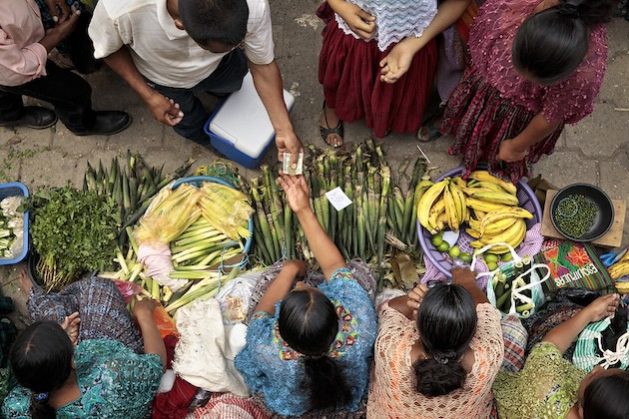UNITED NATIONS, Oct 19 (IPS) – Social development in a global context shows the risk of trending downwards and not recovering if countries do not minimize the long-term impacts of multiple crises and work towards building up their resilience. As much as this will require national political will, it will also need global cooperation for it to be possible.
The United Nations Department of Economic and Social Affairs (UN DESA) launched the 2024 edition of the World Social Report on October 17. Titled ‘Social Development in Times of Converging Crises: A Call for Global Action’, the report discusses the effects of multiple crises and shocks on countries’ social development and their capacity to handle those shocks through social protections or lack thereof. It posits that while there has been an upward trajectory in development and economic growth in some parts of the world after the effects of the COVID-19 pandemic and inflation, many developing countries are still struggling to reach their development goals or to reduce the rate of extreme poverty to even pre-pandemic levels.
Overlapping crises, especially those caused by extreme weather, may increase in frequency and intensity. The shocks from these crises will be, or are, felt across the world rather than contained to one country or region as a result of the networks that connect across countries and systems. The DESA report cites the example of global warming and the prediction that every region will experience changes in their national climate systems. The increasing risk of extreme weather such as hurricanes and prolonged droughts will not only impact countries directly affected, but…




